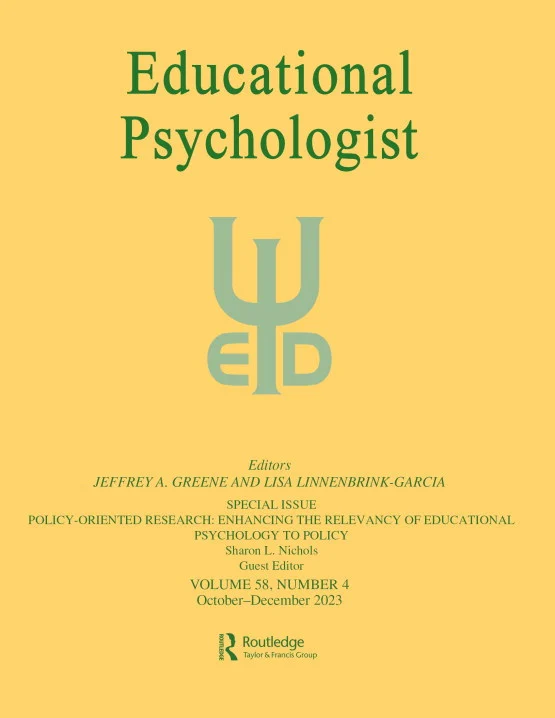Evaluating sources of scientific evidence and claims in the post-truth era may require reappraising plausibility judgments
IF 14.3
1区 心理学
Q1 EDUCATION & EDUCATIONAL RESEARCH
引用次数: 80
Abstract
Abstract When individuals have questions about scientific issues, they often search the Internet. Evaluating sources of information and claims they find has become more difficult in the post-truth era. Students are often taught source evaluation techniques, but the proliferation of “fake news” has resulted in a misinformation arms race. As searchers get more sophisticated identifying misleading information, so do purveyors of information who intend to mislead. We draw on a theoretical model of plausibility judgments and current theory and research in source evaluation to suggest that the post-truth era elevates the need for critical evaluation of online information about scientific issues. We argue that explicitly reappraising plausibility judgments may be a crucial addition to evaluating the connections between sources of information and knowledge claims. Individuals who search for and read a scientific article online should ask themselves: Is this explanation plausible, and how do I know?在后真相时代评估科学证据和主张的来源可能需要重新评估可信性判断
当人们对科学问题有疑问时,他们经常搜索互联网。在后真相时代,评估他们发现的信息来源和主张变得更加困难。学生们经常学习信息来源评估技术,但“假新闻”的泛滥导致了一场错误信息的军备竞赛。随着搜索者越来越熟练地识别误导性信息,有意误导信息的提供者也越来越熟练。我们利用可信性判断的理论模型和信息源评估的当前理论和研究表明,后真相时代提高了对有关科学问题的在线信息进行批判性评估的需求。我们认为,明确地重新评估可信性判断可能是评估信息来源和知识主张之间联系的重要补充。在网上搜索和阅读科学文章的人应该问自己:这个解释可信吗?我怎么知道?
本文章由计算机程序翻译,如有差异,请以英文原文为准。
求助全文
约1分钟内获得全文
求助全文
来源期刊

Educational Psychologist
Multiple-
CiteScore
19.10
自引率
3.40%
发文量
16
期刊介绍:
The Educational Psychologist is a scholarly journal dedicated to exploring the psychology of learning and instruction. Articles in this journal encompass a diverse range of perspectives, from examining psychological mechanisms to exploring social and societal phenomena related to learning and instruction. The journal publishes theoretical and conceptual articles, as well as reviews and meta-analyses, that significantly contribute to theory or advance the methods used to explore educational psychology. Emphasizing innovation and advancing understanding, the journal does not publish articles solely reporting the methods and results of empirical studies; instead, all submissions, including reviews and meta-analyses, must offer clear implications for advancing theory. In addition to regular articles, the journal features special issues that delve into important themes in educational psychology, along with focal articles accompanied by peer commentary.
 求助内容:
求助内容: 应助结果提醒方式:
应助结果提醒方式:


